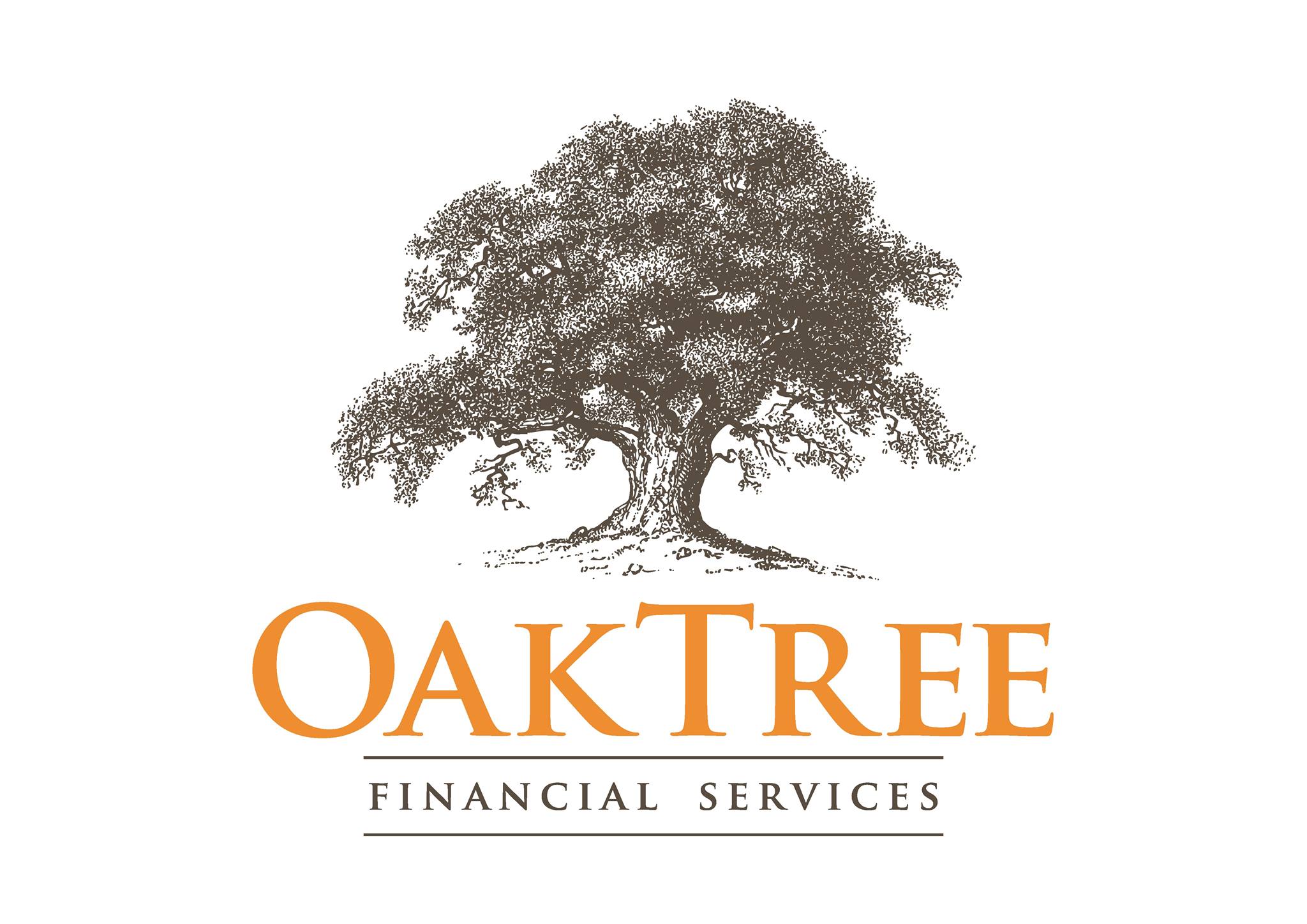Saving and investing are often used interchangeably. While there are certainly differences between them, for the purposes of this article you can assume I am referring to both regular savers (non bank account) and lump sum investments.
Investing in stock markets is designed to deliver returns over the medium to long-term. In uncertain environments some investors get nervous, losing sight of their investment objectives. Many are tempted to postpone new investments, and even to sell their current holdings with the aim of reinvesting when the stock market rebounds. However, if you do sell your investments during a correction, you risk turning a potential loss into a real one and may miss out on any subsequent market rebounds.
During these unnerving times, it is important for investors to focus on their long-term goals and remember these three important things about investing;
- Stock markets go up over the long-term
- Large peak-to-trough falls in value in stock markets are inevitable
- Historically, the biggest gains tend to follow the biggest falls
The challenge is that we don’t know when point 2 ends and point 3 begins but we do know that over time you may benefit from simply being patient and remaining invested. Right now, we recommend that clients speak with their Financial Broker about the options of sticking with their financial plan and staying invested in a fund that matches their risk-return appetite.
1. Stock markets go up over the longer term
Despite recessions, periods of stock market volatility and wars, the US equity market, as represented by the S&P 500 total return index, has delivered a positive return in US dollar terms in 40 years out of the past 50 years; that’s 80% of the time.
2. Stock market falls are inevitable
Despite strong market gains over the long-term, there have been numerous large peak-to-trough falls in the S&P 500 total return index. If we roll the clock back to the 1950s, we see that big peak-to-trough falls in markets happen perhaps more regularly than we might think. “Bear markets” are broadly defined as peak-to-trough falls of 20% or more. Typically market falls of this level occur every 5 years or so with an average dip of about 30%. However, the recovery is typically 1 year.
3. The biggest gains follow the biggest falls
History also shows us that markets generally bounce back strongly from large setbacks. This is proven time and time again and shows that investing while markets are low makes good sense.
The key message from these three points is that having patience and remaining invested can result in good outcomes. Even if you time things right and get money out as markets are still falling, you need to again time things well to get back in for the market bounce. In fact, by missing out on a very small number of days with strong returns an investor can ruin their longer-term returns. Right now, we recommend that clients speak with their Financial Broker about the options of sticking with their financial plan and staying invested in a fund that matches their attitude to risk and return.
At Oaktree Financial we are working hard to help our clients to manage their portfolios and keep their journey smooth for their given level of risk. We ask for our investors to have patience and understand there will be times of unease and sometimes the best thing to do is remain patient.
To book a complimentary consultation, click here or call us on 025-30588. We are always happy to help and we will be with you every step of the way.
“The stock market is a device for transferring money from the impatient to the patient” – Warren Buffet
Adrian Godwin is a Senior Financial Consultant and the co-founder and managing director of Oaktree Financial Services. With a background in accounting and tax advising, Adrian specialises in estate planning and wealth management.Adrian offers clients reassurance through best practice solutions. His unique skill set and qualifications enable clients to develop comprehensive life plans that align with their goals.



